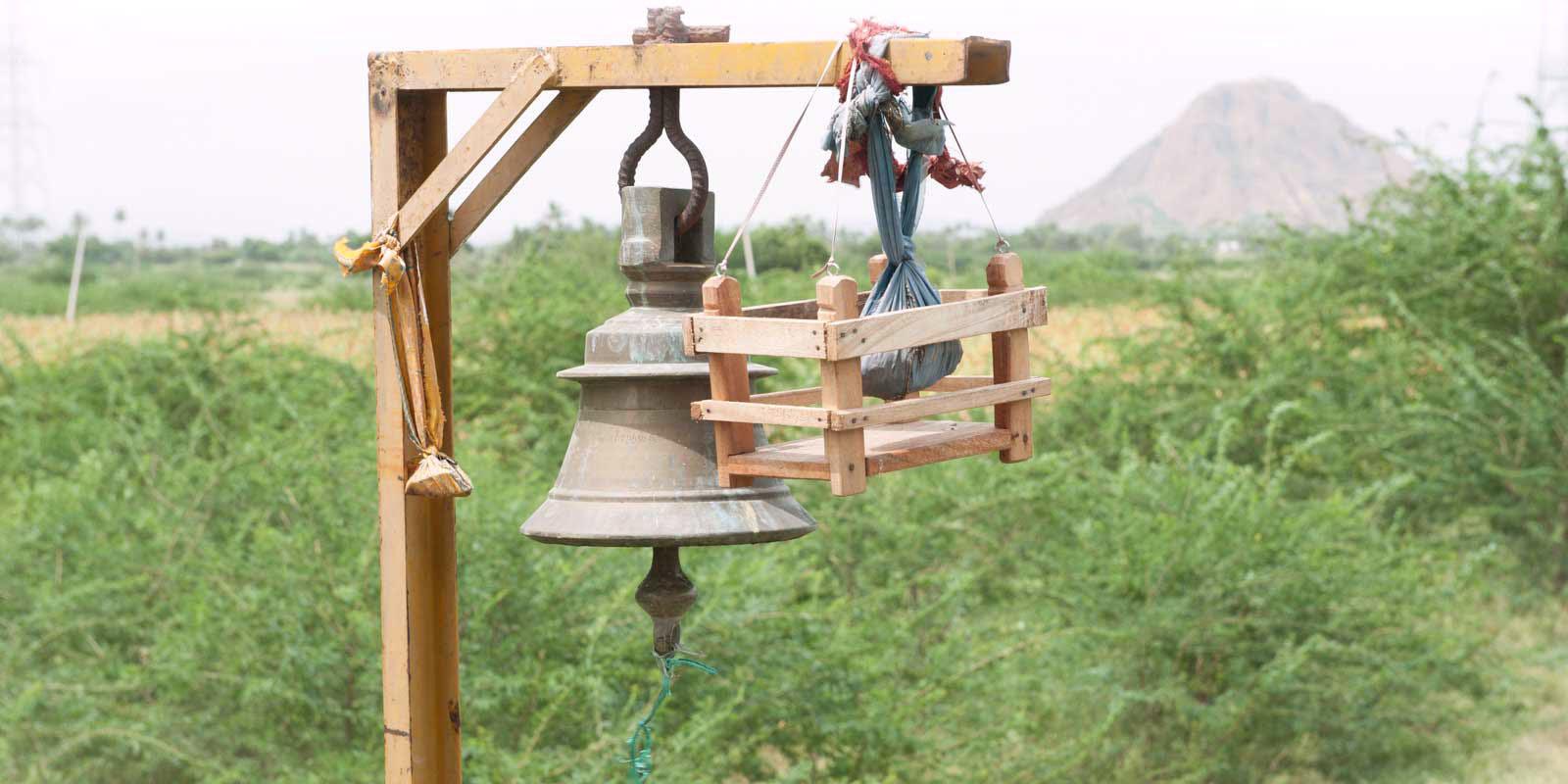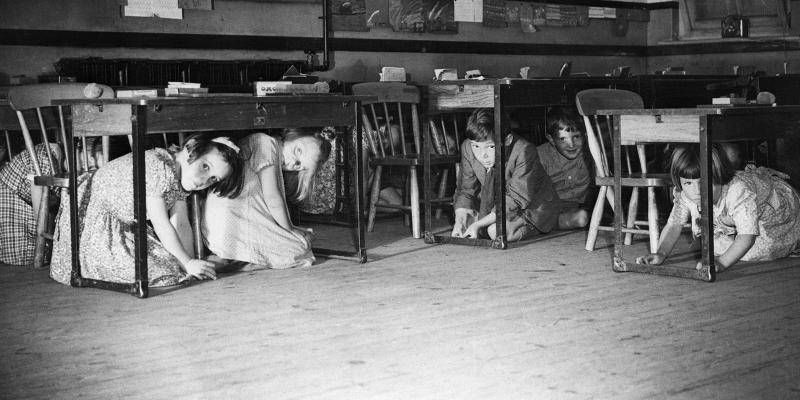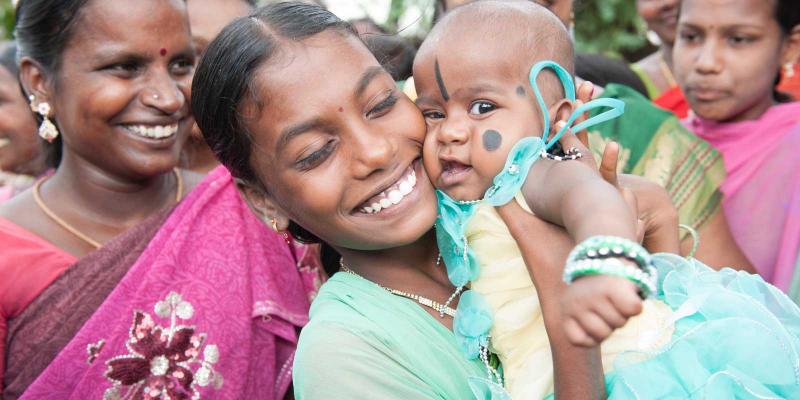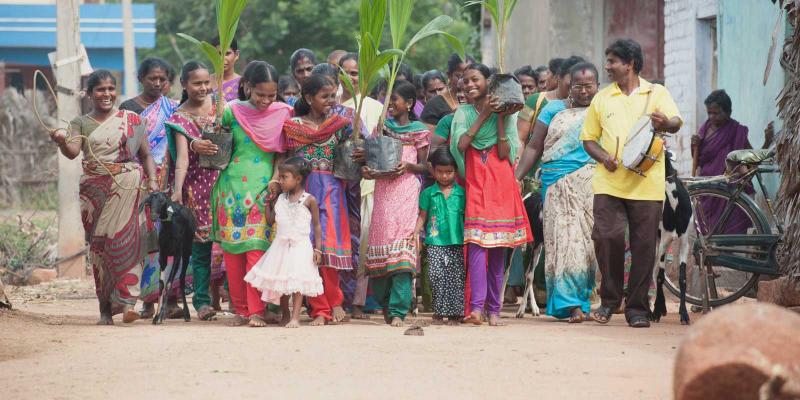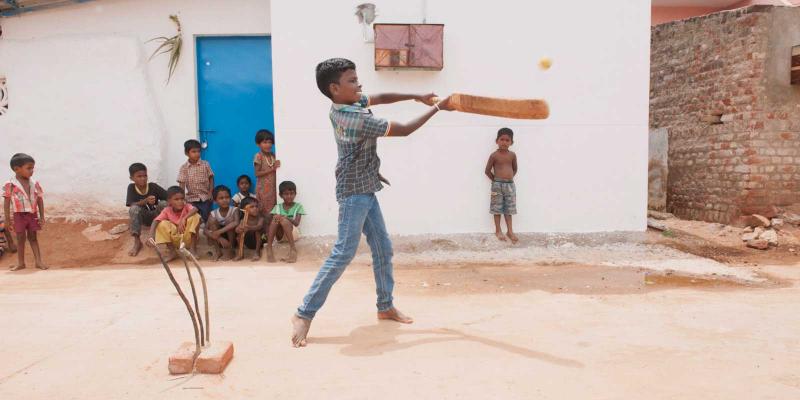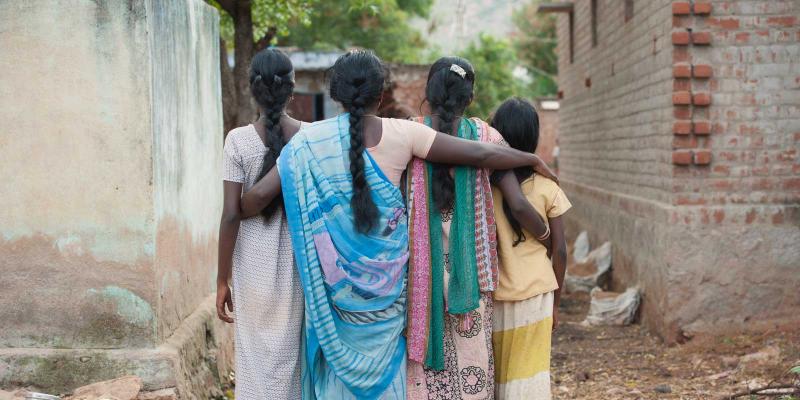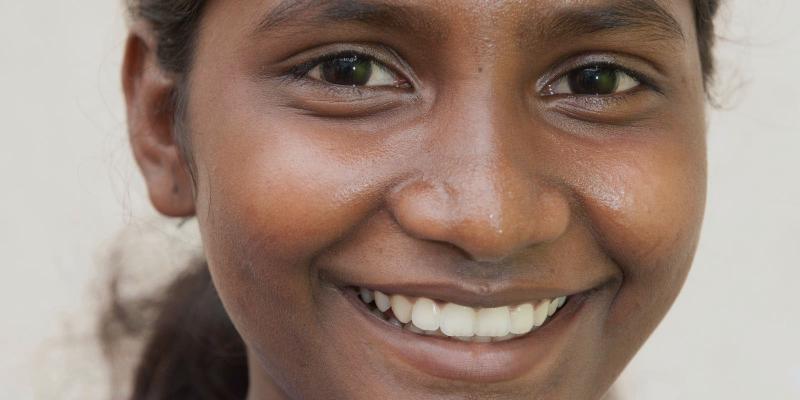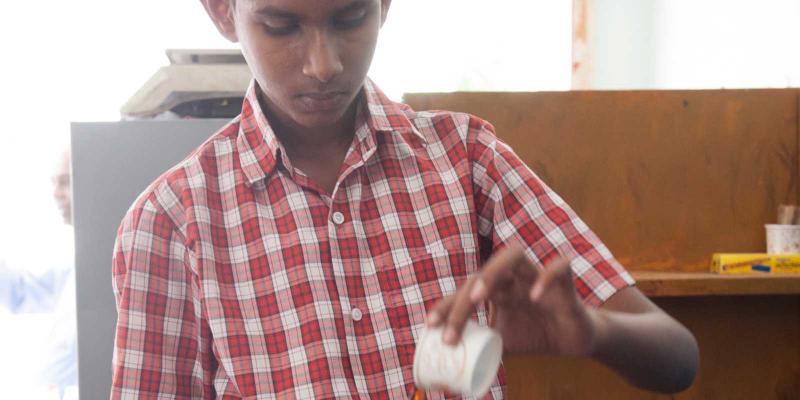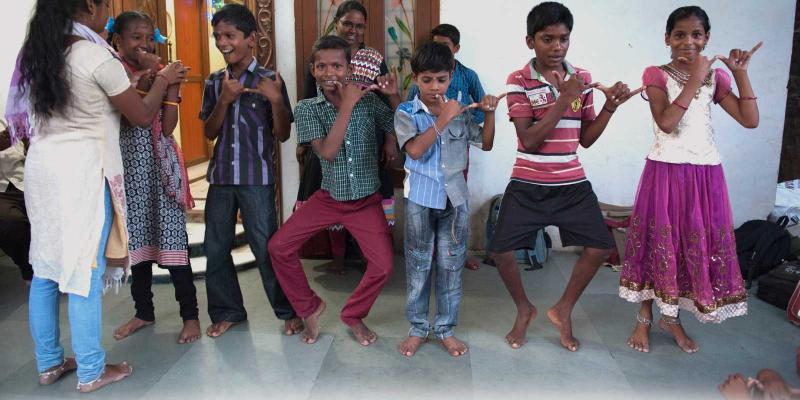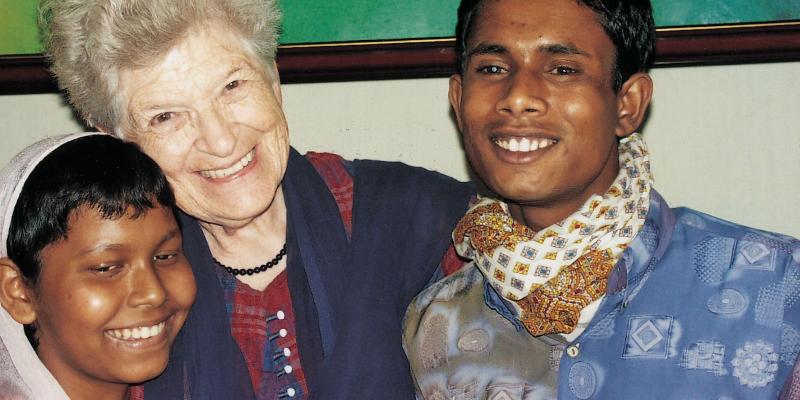As the time approaches for Kodiammal to give birth, she becomes increasingly anxious. She has followed the traditional practice of offering money and food to the gods so that her second child will be a son.
Kodiammal was 16 when she got married and had her first child, a daughter. This was a disappointment, but according to village tradition, the firstborn girl is allowed to live. However, the second daughter must die, because it is believed that then the next child will automatically be a boy. “Bringing up a daughter is like watering your neighbour’s garden,” say the old people in the village. When a village girl gets married, she moves in with her husband and his family. Her parents must pay for the wedding, and give the husband’s family gifts like money, gold, livestock, household items and fine clothing. This is called a dowry and although it is illegal, it is still a common practice. Therefore, many daughters are seen as a curse, while sons bring in money to the family.
One evening, Kodiammal finally gives birth at home, on the floor of their small house made of mud and straw. Older women from the village are there to help, but Kodiammal does not get to see her baby. Someone says: ‘It’s a girl’ and disappears out into the night with the child. The older women know it’s important that the mother doesn’t get a chance to hold her baby, not even for a few minutes, because then she might refuse to let go.
Killing a baby Kodiammal’s daughter is buried in the yard, right beside the house. Her husband plants a jasmine bush there. Nobody asks what happened. Most of the people in the village and the neighbouring villages know that there are 14 ways to kill a baby. Like not giving her anything to eat or drink, or leaving her out at night in the cold. One of the most common methods is to squeeze a few drops of a milky liquid out of the stalk of a particular poisonous plant. This causes the baby to die within half an hour. Every time Kodiammal walks past the jasmine bush she feels a pain in her chest and has to hold back the tears. She hates the poverty that forced her to give up her child. As a woman, she has no power and cannot protest. But this is normal in the village, she tells herself, and she can’t complain. Many parents are filled with sorrow, because almost every family here has buried at least one baby girl under their floor or in their garden.
Most of the people in the village and the neighbouring villages know that there are 14 ways to kill a baby.
Unwanted girls
After a few months, Kodiammal is expecting another baby. This one should be a son, because the family sacrificed their second daughter. But she knows lots of women who have given up their daughters and then given birth to another girl nonetheless.
One morning, a neighbouring woman comes to visit. She is a member of the new women’s group in the village, IKKAM, which means unity.
“Not long to go now?” she says, nodding towards Kodiammal’s belly.
“Do you remember what we agreed?”
Since the women’s group found out that Kodiammal was pregnant again, they have visited her every week. They visit all families who already have a daughter and are expecting children, because of the high risk that their next girl will lose her life.
“We’ll help you if you have another daughter,” the woman reminds Kodiammal. “We’ll give you two goats, and trees to plant. You and your husband will get help with training and jobs as long as you let the baby live, even if it’s a girl.”
Kodiammal would love to believe IKKAM’s promises. She has joined the women’s group, and begun to learn about her rights. But her husband is unsure. His mother nags him every day, telling him that the family can’t afford another girl. Even Kodiammal’s own mother agrees.
“Just do what we’ve always done,” they both say.
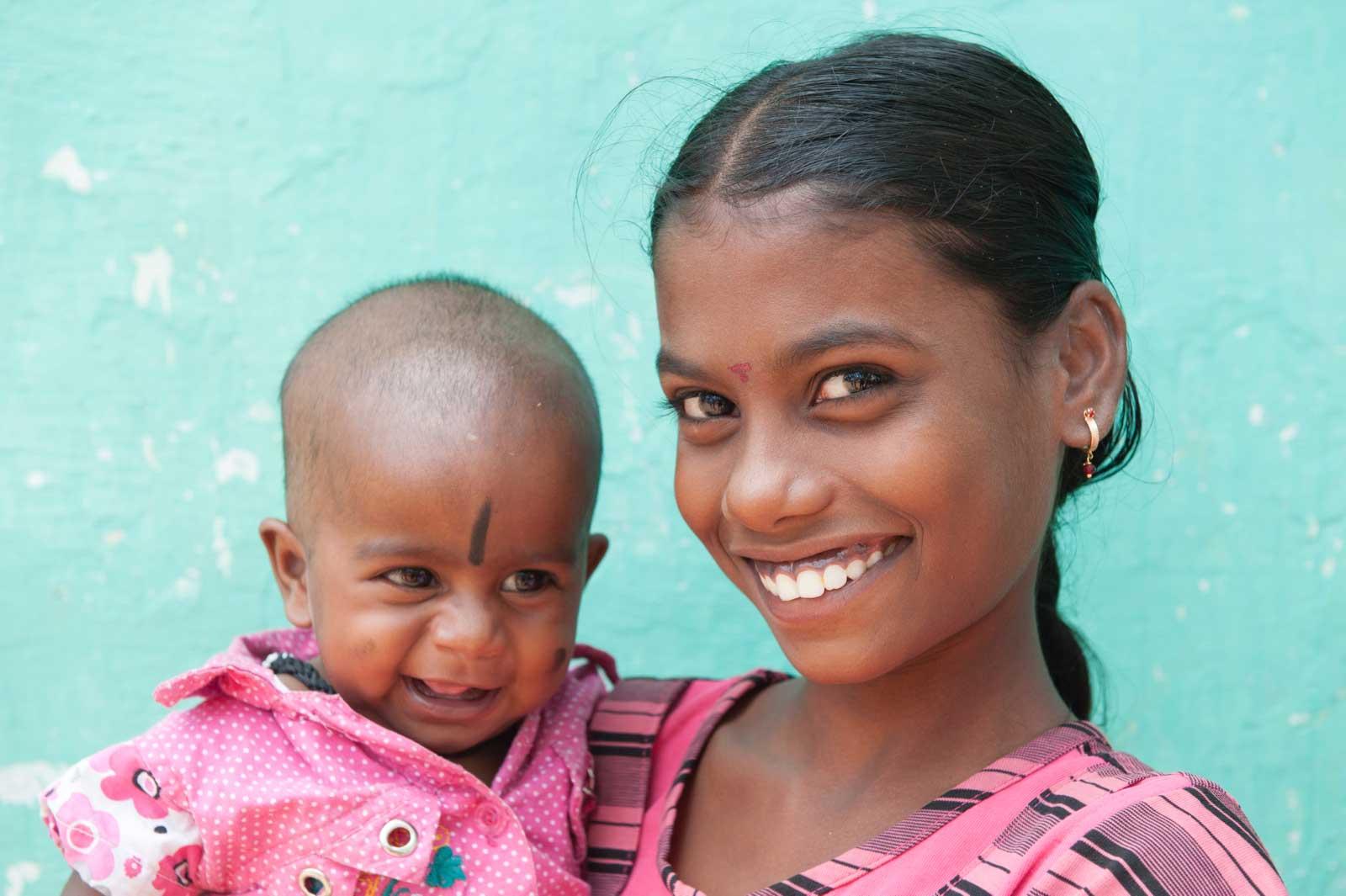
Joy is born When the time finally comes for Kodiammal to give birth, the women from IKKAM stay with her and keep watch. They don’t let the father or any of the older women in the village come anywhere near. This is just as well, because it is a tiny, wailing, baby girl who is finally laid in Kodiammal’s arms. The baby girl is named Annandhi, which means joy.
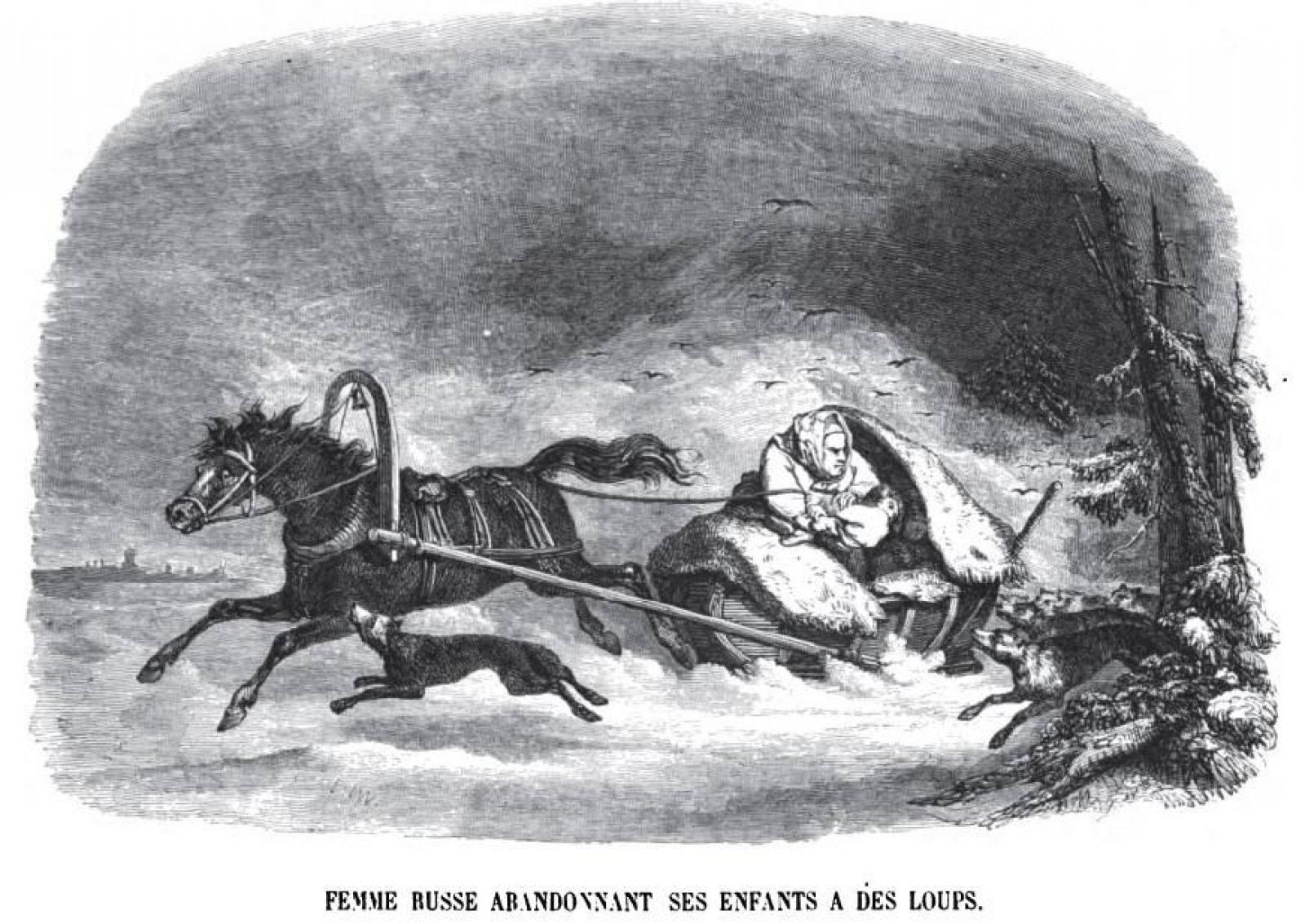
Infanticide through the ages Throughout history, in nearly all countries and cultures, unwanted children have been killed at birth or been left to die, because of poverty and tradition. For example, well into the 20th century in Europe, many unwanted babies were left in children’s homes run by what people called “angel-makers” because so many babies died in their care. Some were killed outright, others perished through neglect.
Text: Carmilla Floyd
Photo: Kim Naylor
Related stories
Långgatan 13, 647 30, Mariefred, Sweden
Phone: +46-159-129 00 • info@worldschildrensprize.org
© 2020 World’s Children’s Prize Foundation. All rights reserved. WORLD'S CHILDREN'S PRIZE®, the Foundation's logo, WORLD'S CHILDREN'S PRIZE FOR THE RIGHTS OF THE CHILD®, WORLD'S CHILDREN'S PARLIAMENT®, WORLD'S CHILDREN'S OMBUDSMAN®, WORLD'S CHILDREN'S PRESS CONFERENCE® and YOU ME EQUAL RIGHTS are service marks of the Foundation.



